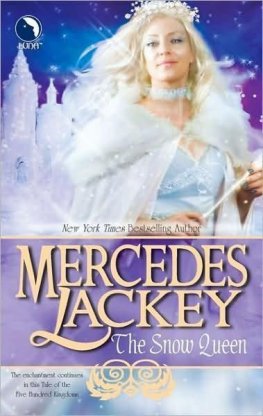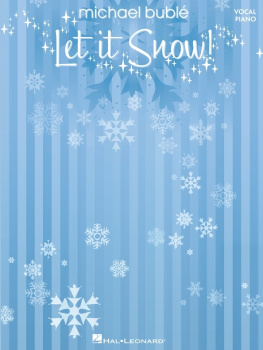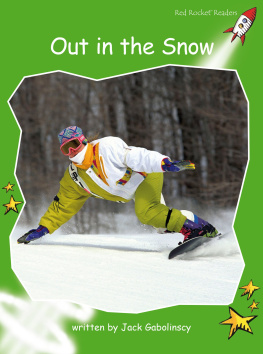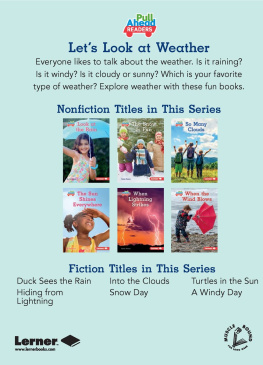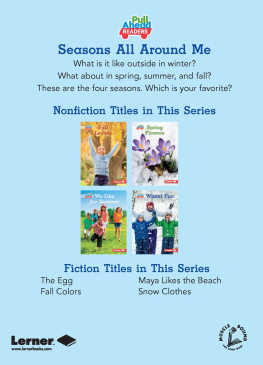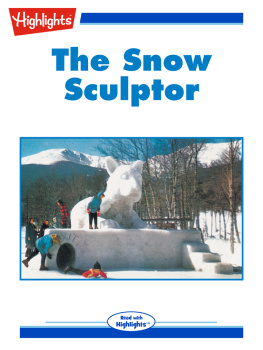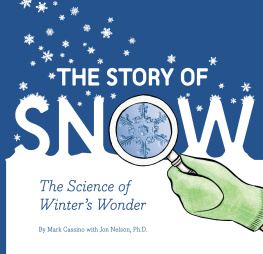C. P. Snow - The Two Cultures
Here you can read online C. P. Snow - The Two Cultures full text of the book (entire story) in english for free. Download pdf and epub, get meaning, cover and reviews about this ebook. year: 2000, publisher: Cambridge University Press, genre: Science. Description of the work, (preface) as well as reviews are available. Best literature library LitArk.com created for fans of good reading and offers a wide selection of genres:
Romance novel
Science fiction
Adventure
Detective
Science
History
Home and family
Prose
Art
Politics
Computer
Non-fiction
Religion
Business
Children
Humor
Choose a favorite category and find really read worthwhile books. Enjoy immersion in the world of imagination, feel the emotions of the characters or learn something new for yourself, make an fascinating discovery.

- Book:The Two Cultures
- Author:
- Publisher:Cambridge University Press
- Genre:
- Year:2000
- Rating:5 / 5
- Favourites:Add to favourites
- Your mark:
- 100
- 1
- 2
- 3
- 4
- 5
The Two Cultures: summary, description and annotation
We offer to read an annotation, description, summary or preface (depends on what the author of the book "The Two Cultures" wrote himself). If you haven't found the necessary information about the book — write in the comments, we will try to find it.
The Two Cultures — read online for free the complete book (whole text) full work
Below is the text of the book, divided by pages. System saving the place of the last page read, allows you to conveniently read the book "The Two Cultures" online for free, without having to search again every time where you left off. Put a bookmark, and you can go to the page where you finished reading at any time.
Font size:
Interval:
Bookmark:
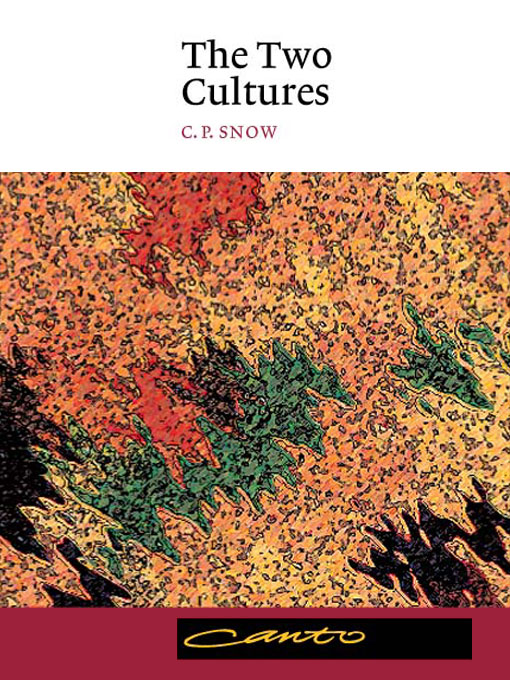
At a few minutes past five oclock in the afternoon of 7 May 1959, a bulky, shambling figure approached the lectern at the western end of the Senate House in Cambridge. In the body of the ornately plastered neo-classical building sat a large gathering of dons and students, together with a number of distinguished guests, who had assembled for one of Cambridges show-piece public occasions, the annual Rede lecture. The figure who was about to address them was C.P. Snow (then more formally styled Sir Charles, soon to be Lord Snow, but known throughout the world by his initials). Snow had been a research scientist; he had high-level administrative experience in the Civil Service and in private industry; he was a successful novelist and prominent reviewer; and he had now achieved the indefinable status of a public figure, licensed to announce his opinions on all manner of topics. By the time he sat down over an hour later, Snow had done at least three things: he had launched a phrase, perhaps even a concept, on an unstoppably successful international career; he had formulated a question (or, as it turned out, several questions) which any reflective observer of modern societies needs to address; and he had started a controversy which was to be remarkable for its scope, its duration, and, at least at times, its intensity.
The title of Snows lecture was The Two Cultures and the Scientific Revolution. The two cultures he identified were those of the literary intellectuals (as he called them) and of the natural scientists, between whom he claimed to find a profound mutual suspicion and incomprehension, which in turn had damaging consequences for the prospects of applying technology to the alleviation of the worlds problems. But in broaching this topic to his Cambridge audience, Snow was thrusting into the spotlight of public discussion themes which found an echo across the globe and which have continued to preoccupy and provoke. For in effect Snow was doing more than asking what the relation should be between the two cultures he believed he had identified, and doing more even than asking how the curricula of schools and universities should be arranged to give people an adequate education in both branches of knowledge. Beyond those pressing and consequential questions, he was asking what Britains place was to be among the leading countries of the world; he was asking how (not whether but how) the rich countries should help the poor; he was asking how the planet was to be fed and what hopes for mankind the future held. Whatever reservations we may now have about the adequacy of Snows original formulations, it is impossible to feel that the confusing and distressing period of history that divides us from the apparently more confident world of 1959 has rendered these questions any less urgent or any more tractable.
The large topics raised by Snow are not the exclusive property of any one discipline; indeed, they legitimately claim the attention of any educated citizen, and should not be confined to a set of academic pigeon-holes. Obviously, they are continuous with the kinds of topic which are habitually considered by philosophers, historians, and sociologists; how far they should also be considered part of the primary professional activity of physicists, chemists, and biologists has precisely been one of the matters at stake in the subsequent debate. For these reasons, it ought to be clear that to address the origins and significance of the idea of the two cultures from the perspective of the cultural historian is not to assert some sort of superiority of the humanities over the sciences, still less is it any slighting of the immense importance of science or a high-handed dismissal of the perspective of the working scientist. However, Snow and his ideas are beginning to encounter a fate which is common among episodes of recent intellectual history: they fall into a murky limbo, no longer accurately recalled as part of living contemporary culture but not yet beginning to benefit from patient historical reconstruction. Before trying to identify what force and relevance Snows questions still possess, therefore, it may be helpful to accelerate his release from this limbo by considering his work and its impact historically. But, first, a brief glance at the pre-history of this debate may help to set the topic in a longer perspective.
As a cultural anxiety, concern about the divide between the two cultures essentially dates from the nineteenth century, and the modern form of this anxiety would have been barely intelligible in earlier periods. Certainly, there have been, from the Greek dawn of Western thought onwards, distinct domains of human knowledge, and at different times reflective minds have pondered the dangers involved when one branch or discipline of enquiry comes to be either threateningly dominant or inaccessibly recondite. But throughout the Middle Ages and Renaissance the interpretation of nature was generally regarded as but one element in the all-embracing enterprise of philosophy. Only in the seventeenth century, in the course of what historians were much later to dub the scientific revolution, did achievements in the study of the natural world come to be widely regarded as setting new standards for what could count as genuine knowledge, and thereafter the methods employed by the natural philosophers (as they were still termed) enjoyed a special cultural authority. The recurrence during the eighteenth-century Enlightenment of the aspiration to be the Newton of the moral sciences testifies to the prestige not just of celestial mechanics, but of the experimental method more generally. But that phrase also indicates that the study of human affairs could be seen as on a continuum with understanding the natural world, and the cultural map provided by the Enlightenments great intellectual monument, LEncyclopdie, did not represent human knowledge as structured around a division corresponding to the later divide between the sciences and the humanities.
It is from the Romantic period, at the end of the eighteenth and beginning of the nineteenth centuries, that one can date the beginning of an anxiety that some such fissure in types of knowledge might be opening up in a way which damaged both individual cultivation and social well-being. But even at this point, the threat was still not necessarily to be identified as an incapacity to communicate across a divide separating students of the human and of the natural worlds. It is true that William Blake, among others, memorably excoriated Newton and his legacy, but the Romantic champions of the imagination were as likely to contrast the fulness of creative or emotional energy released by poetry with the impoverished conception of human life underlying the dismal science of political economy as to draw the line between the study of the human and the natural world. Insofar as a more general cultural worry was expressed, it was that calculation and measurement generally might be displacing cultivation and compassion, and of course in many quarters the over-riding issue was rather the presumed threat which secular knowledge of all kinds posed to religious belief and practical piety.
Intellectual activity, including the meta-activity of reflection on the forms of knowledge, is, of course, shaped by different national traditions and anchored in a range of social practices. One can trace a specifically British genealogy for the two cultures anxiety, arising out of a distinctive development of the social institutions within which education and research were carried on. This distinctiveness was reflected in the linguistic peculiarity by which the term science came to be used in a narrowed sense to refer just to the physical or natural sciences. This appears to have become common in English only in the middle of the nineteenth century. The compilers of the
Font size:
Interval:
Bookmark:
Similar books «The Two Cultures»
Look at similar books to The Two Cultures. We have selected literature similar in name and meaning in the hope of providing readers with more options to find new, interesting, not yet read works.
Discussion, reviews of the book The Two Cultures and just readers' own opinions. Leave your comments, write what you think about the work, its meaning or the main characters. Specify what exactly you liked and what you didn't like, and why you think so.

